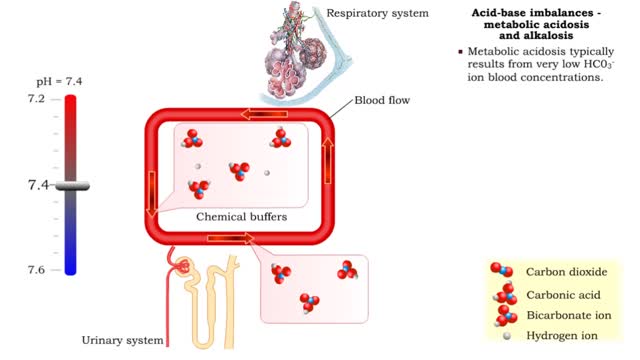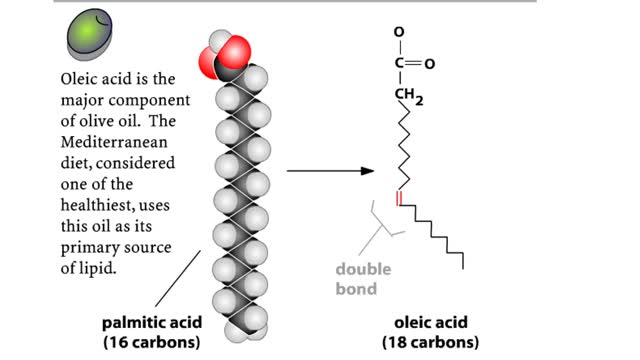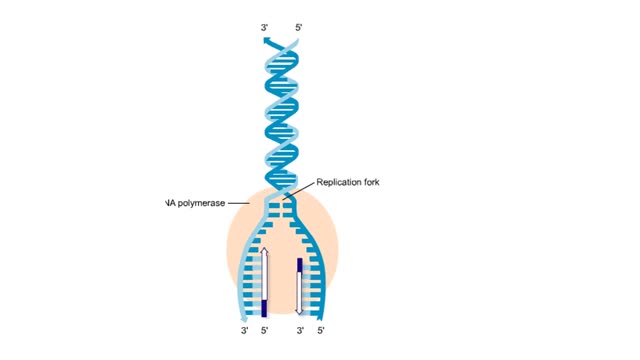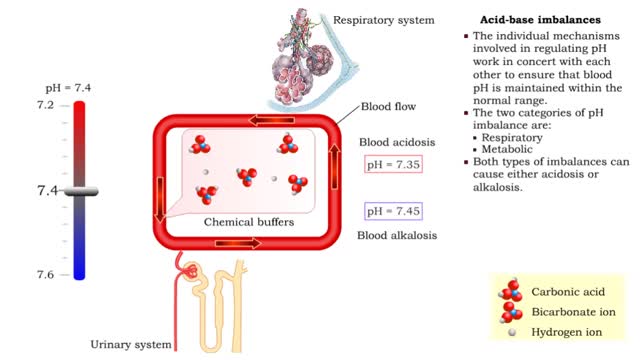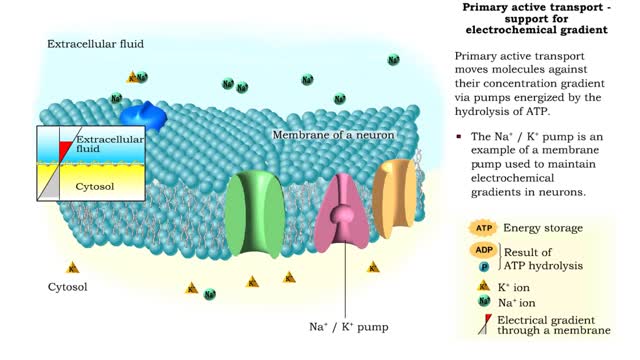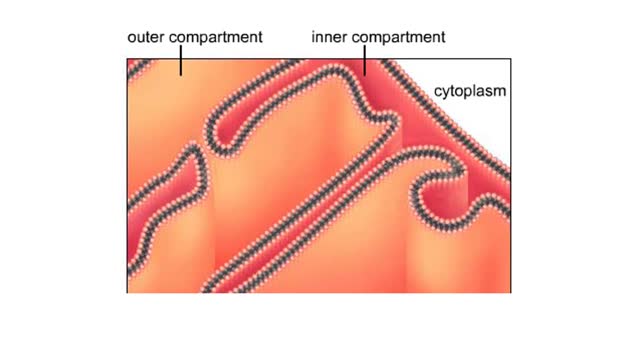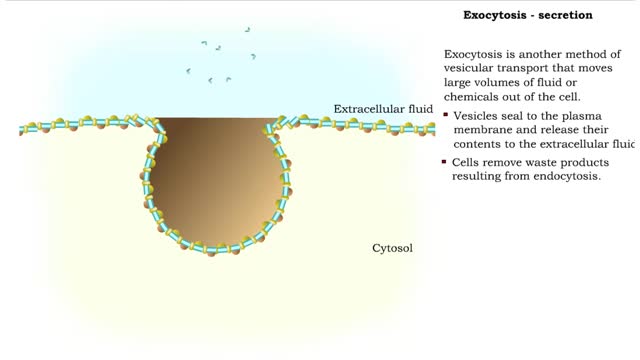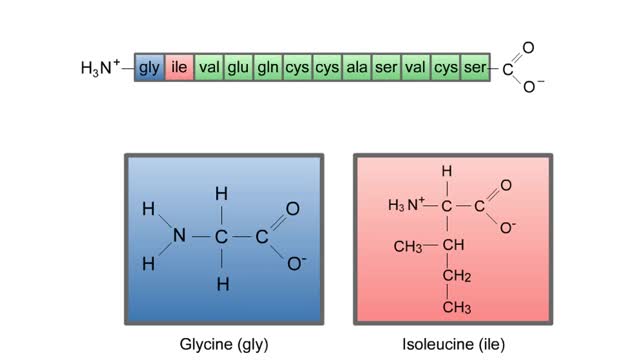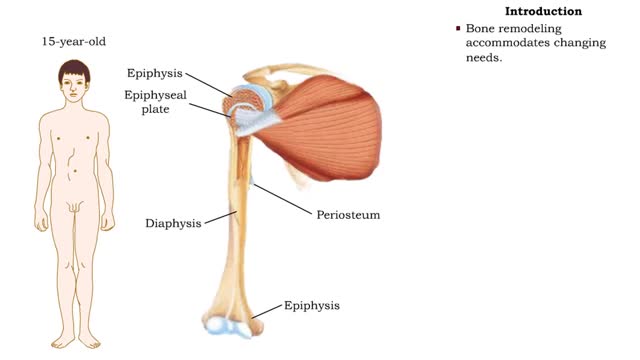Search Results
Results for: 'electron transport chain'
Acid-base imbalances - metabolic acidosis and alkalosis
By: HWC, Views: 11282
• Metabolic acidosis typically results from very low HCO3- ion blood concentrations. • Metabolic alkalosis typically results from very high HCO3- ion blood concentrations.
Major Elements in Biological Molecules: Lipids
By: HWC, Views: 10582
A triglyceride (also called triacylglycerol) is composed of three fatty acid molecules and one glycerol molecule. The fatty acids attach to the glycerol molecule by a covalent ester bond. The long hydrocarbon chain of each fatty acid makes the triglyceride molecule nonpolar and hydrophobic. Pa...
By: HWC, Views: 8089
DNA replication is the process by which a double-stranded DNA molecule is copied to produce two identical DNA molecules. Replication is an essential process because, whenever a cell divides, the two new daughter cells must contain the same genetic information, or DNA, as the parent cell.
Acid-base imbalances - respiratory acidosis and alkalosis
By: HWC, Views: 11530
• The individual mechanisms involved in regulating pH work in concert with each other to ensure that blood pH is maintained within the normal range. • The two categories of pH imbalance are: • Respiratory • Metabolic • Both types of imbalances can cause either acidosis or alka...
Primary Active Transport - electrochemical gradient and ion transport / water movement
By: HWC, Views: 11371
Energy derived from ATP changes the shape of a transporter protein which pumps a substance across a plasma membrane against its concentration gradient An electrochemical gradient is a gradient of electrochemical potential, usually for an ion that can move across a membrane. The gradient consis...
Functional zones in a mitochondrion
By: HWC, Views: 9070
A mitochondrion has a double membrane system. The outer membrane faces the cytoplasm. The inner membrane divides the organelles interior into two compartments. The enzymes that carry out the second stage reactions are in the semifluid matrix inside the inner compartment. Embedded in the ...
By: HWC, Views: 11184
Exocytosis is another method of vesicular transport that moves large volumes Of fluid or chemicals out of the cell. It is a process by which a cell transports secretory products through the cytoplasm to the plasma membrane. A examples of cellular secretory products: 1. Secreted protein - enzym...
By: HWC, Views: 10203
Living things must accomplish a great number of tasks just to get through a day, and these tasks are accomplished by a diverse range of biological molecules. In the range of tasks that molecules accomplish, however, proteins reign supreme. Almost every chemical reaction that takes place in living...
By: HWC, Views: 11518
• After birth, bones grow in thickness and length. • Bones grow in diameter via appositional growth at the periosteum. • Epiphyseal plates enable lengthwise growth of long bones, such as the humerus, by interstitial growth. • Bone remodeling accommodates changing needs. • While th...
Advertisement



